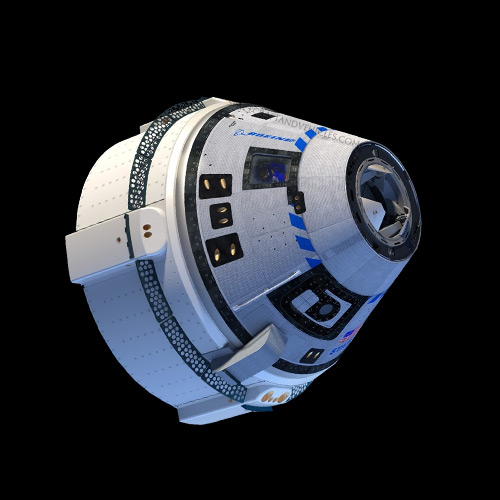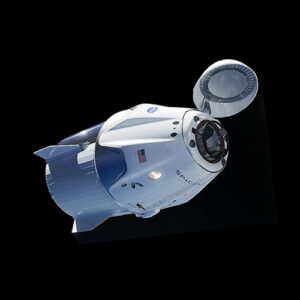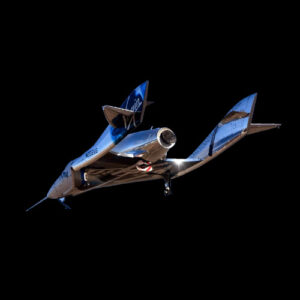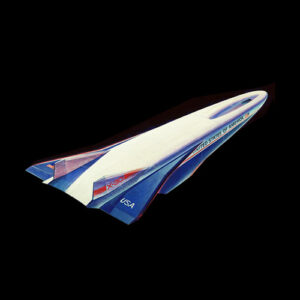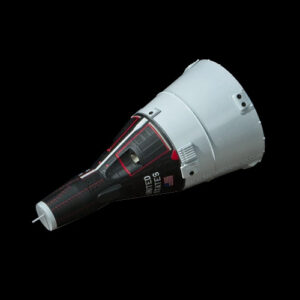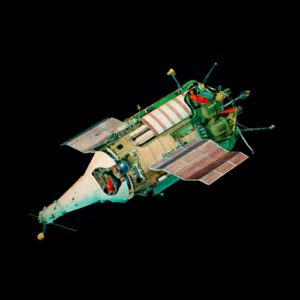The Boeing Starliner spacecraft, developed by Boeing in collaboration with NASA, represents a significant advancement in commercial crewed spaceflight. Designed to transport astronauts to and from the International Space Station (ISS), Starliner aims to provide reliable and cost-effective access to space for NASA and other international partners. With its innovative design and cutting-edge technology, Starliner is poised to play a pivotal role in the future of human space exploration, supporting scientific research, technology demonstrations, and crew rotations aboard the ISS.
Design and Construction
The Boeing Starliner spacecraft features a sleek and modern design optimized for crew safety, comfort, and mission efficiency. Its modular architecture allows for flexibility in mission configurations, accommodating various crew sizes and mission durations. Constructed of lightweight yet durable materials, Starliner incorporates state-of-the-art systems for life support, propulsion, navigation, and communication.
The spacecraft’s development involved overcoming numerous engineering challenges, including optimizing its thermal protection for re-entry into Earth’s atmosphere, ensuring reliable propulsion for orbital maneuvers, and integrating advanced avionics for autonomous and manual control.
Mission Objectives
- The primary mission objective of Starliner is to transport astronauts to and from the ISS, supporting crew rotations, scientific research, and maintenance activities.
- Secondary objectives include conducting technology demonstrations, testing new systems and equipment, and fostering international collaboration on space exploration initiatives.
Launch and Deployment
- Starliner missions are launched atop United Launch Alliance Atlas V rockets from Cape Canaveral Space Force Station in Florida.
- Key milestones include successful launches, rendezvous and docking with the ISS, and safe returns to Earth.
Technical Specifications
- Dimensions, weight, and payload capacity vary depending on mission requirements and configuration.
- Propulsion system: Starliner utilizes a combination of liquid-fueled rocket engines for launch, orbit insertion, and maneuvering in space.
- Power source: Solar panels provide electrical power for onboard systems, including life support, communication, and navigation.
Current Status
As of the latest update, the Boeing Starliner spacecraft is in active service, with multiple test flights and operational missions planned in collaboration with NASA. Despite encountering technical challenges during its initial test flight, Boeing continues to refine and improve Starliner’s design and systems to ensure its reliability and safety for future crewed missions.
With its modern design and advanced capabilities, Starliner is expected to enhance NASA’s capabilities in human spaceflight and contribute to the ongoing exploration and utilization of the ISS. Future missions may include crewed flights beyond low Earth orbit, lunar exploration, and collaboration with international partners on ambitious space exploration projects.
